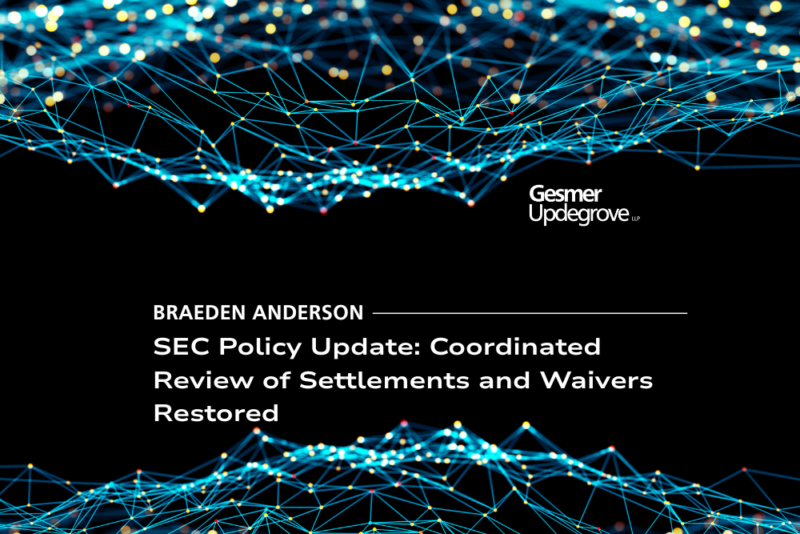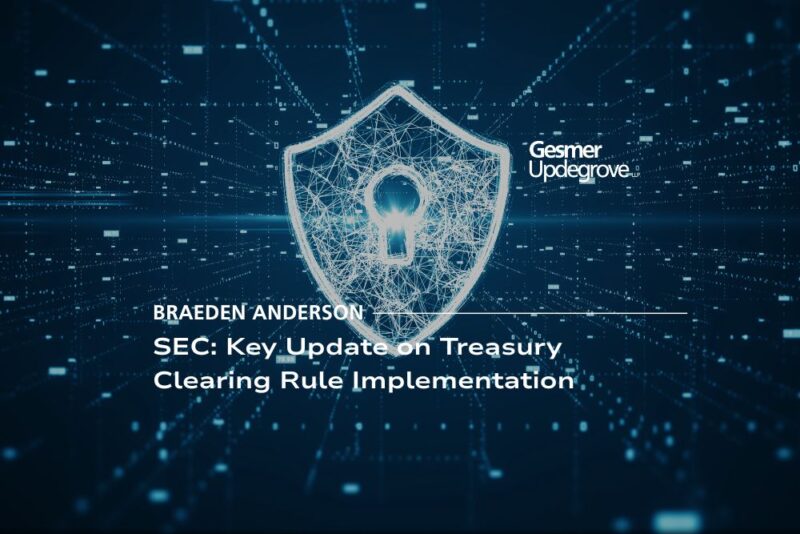In an ideal world, a startup (or, for that matter, any company, public or private) that needs to raise multiple rounds of capital as it matures and scales does so with increasingly higher valuations for each respective financing round.
Unfortunately, that is not always the case. As we enter 2023, there are several forces chilling the market for venture capital. For companies looking to fundraise in this environment, there is a possibility of raising capital in a so-called “down round.” A down round happens when a company sells its shares at a lower price per share than a prior equity fundraising round. Even if the price per share is the same (called a “flat round”), investors will likely have bargaining power to seek more favorable terms.
Down rounds for startups can be emotionally painful for founders, existing investors, and employees because it is demoralizing to see the company’s valuation (and therefore the value of all prior issued stock or equivalents) shrink. As reflected in real-time “tickers” for the various exchanges (e.g. S&P, Nasdaq, etc.,) public companies experience share price fluctuation on a daily basis due to trading activity. In contrast, private companies are typically only valued when they sell shares to investors in a priced equity financing (preferred stock) round or by way of a 409A valuation by an independent firm (common stock).
To reach out to John fill out the form below.
Beyond the dispiriting effect that down rounds can have, a down round could trigger certain protective rights for existing investors, such as antidilution provisions, or give reason for existing investors to renegotiate the terms of their investment. Therefore, there are some things a founder should know prior to fundraising during a down round.
As mentioned above, antidilution protections are terms that allow an existing investor to recalculate their price per share at the new, lower price per share following a down round. There are typically two ways the lower price is calculated for existing investors. The first way is that the existing investor gets the same price per share as the down round investor on all their shares. This is known as a “full ratchet” adjustment. The second way is to use an average-based formula whereby the existing investor will still get a downward adjustment to their price per share, but the change won’t be as drastic. The change to the existing investor’s price per share will be calculated by a weighted average between the existing investor’s investment and the down round investor’s investment. In either scenario, a down round may trigger antidilution protections only if they were included in a prior round of financing.
There are some ways to avoid the antidilution provisions altogether. Instead of negotiating a lower price per share, founders can include other terms to sweeten the deal for the would-be down round investor. This could come in the form of board seats, a higher liquidation preference, participating preferred, cumulative dividends or issuing warrants as a kicker to the overall investment, to name a few rights in the investor toolbox. In addition, instead of selling shares at a lower valuation in a priced equity round, founders could seek alternative forms of capital, including bridge rounds on the same terms as the prior round, entering into a loan facility with a venture debt firm, issuing convertible notes or SAFE agreements, in a manner that enables the company to take in much-needed cash without agreeing to terms in a priced equity financing amounting to a down round.
Finally, depending on the particular circumstances, down rounds should not necessarily be viewed as a defeat. Rather, down rounds can simply reflect an overall shift in market conditions that readjusts company valuations and leverage in favor of investors. If your runway is less than twelve months, consider calling an attorney at Gesmer Updegrove. We would be happy to provide guidance as you think about your funding needs now and in the future.
Check out some of our latest publications.
- PREDICTION MARKETS, SPORTSBOOKS, AND SELIG’S CFTC: A JURISDICTIONAL INFLECTION POINT

- SEC CHAIR OUTLINES PLAN TO BRING CLARITY TO DIGITAL ASSET OVERSIGHT

- CRYPTO TAX: YEAR-IN-REVIEW

- SEC Chairman Paul Atkins Announces Updates to Wells Process

- SEC Policy Update: Coordinated Review of Settlements and Waivers Restored

- SEC Provides Key Update on Treasury Clearing Rule Implementation

